I am currently doing a task but I am stuck at the moment, so here is the code so far I have written:
string = input('please enter a string: ')
s = []
def sentenceCapitalize(string):
strn = string.split('. ') #convert to a list
for x in strn:
y = x[0].upper()
y += x[1:].lower()
s.append(y)
print('.'.join(s))
sentenceCapitalize(string)
It only gets me the result as a list and period is disappeared
Unexpected Output:
Expected Output:
Hello. My name is Joe. What is your name?
And here is the question from the book:
Write a program with a function that accepts a string as an argument and returns a copy of the string with the first character of each sentence capitalized. For instance, if the argument is “hello. my name is Joe. what is your name?” the function should return the string “Hello. My name is Joe. What is your name?” The program should let the user enter a string and then pass it to the function. The modified string should be displayed.
Can you fix this solution? thanks.
